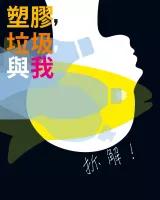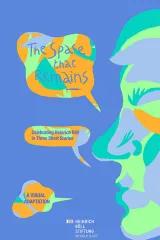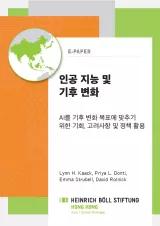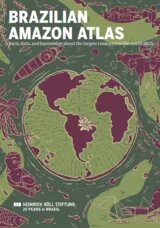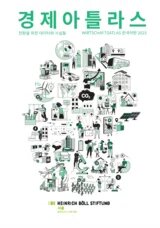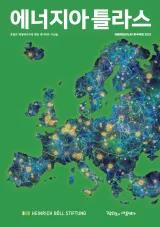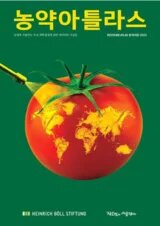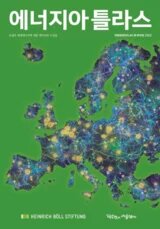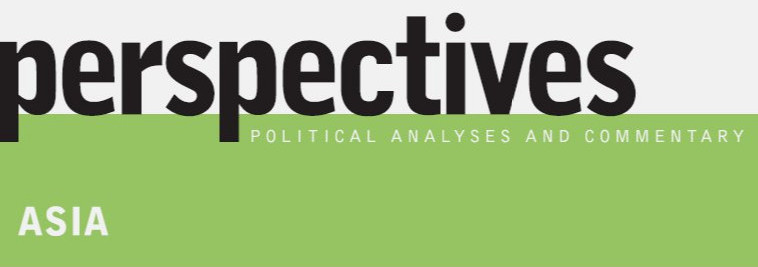Publications
The Atlas Series by Heinrich Böll Foundation
We publish the Atlas series, a collection of thematic reports that provide in-depth insights into various global issues. These publications combine data-driven analysis, expert opinions, and visual storytelling to inform and inspire discussions on critical topics such as climate change, energy transition, agriculture, and democracy.
Perspectives Asia is a publication series jointly produced by the offices of the Heinrich-Böll-Stiftung in Asia. With this series, we intend to provide a German and European readership with an understanding of Asian perspectives, as well as an analysis of global trends and greater insights into developments and current political issues across the Asian region.
